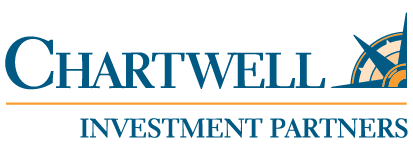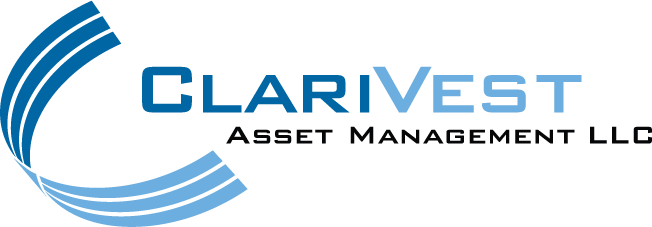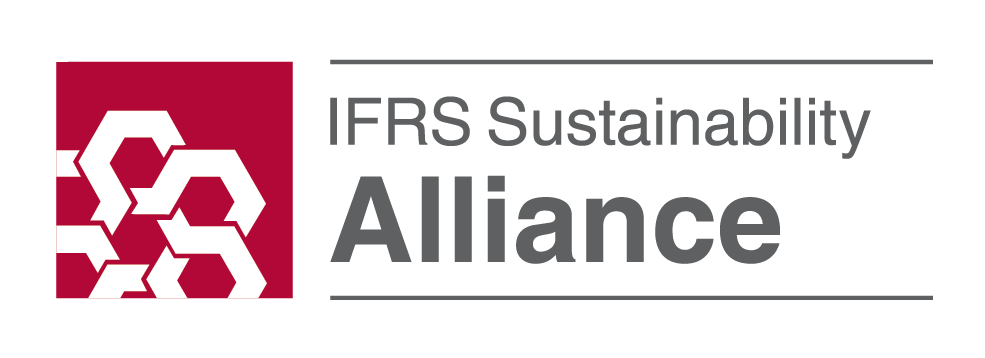“
Untitled Document ”
“
”partners in sustainable investing
At Raymond James Investment Management, we believe investor interests are best served by allocating capital to organizations that generate long-term value for all constituents. Our boutique investment managers have a longstanding commitment to investing that recognizes the core values of our clients. We believe that considering environmental, social, and governance issues is an important part of what we do as asset managers. We are actively seeking to help clients find attractive performance and minimize risk through sustainable investment practices.
“
” While each of our boutique investment management firms is unique in its investment approach, they all share a commitment to investing for the long term. Incorporating sustainable investing considerations is at the heart of the Raymond James Investment Management approach to responsible investing.
Read our Sustainable Investing Policy Statement
“
” The Importance of Active Ownership
At Raymond James Investment Management,
we believe a vital aspect of sustainable investing is active ownership.
This includes proxy voting and corporate engagement.
“
” 
Proxy Voting
As shareholders in a company, equity investors have a voice in its operations, primarily through proxy voting. We believe by voting proxies in the best interests of our clients, we are fulfilling our fiduciary duty and promoting long-term value creation. In general, Raymond James Investment Management’s boutiques support shareholder resolutions that improve transparency, support diversity, protect the environment, uphold human rights, and promote sound governance and responsible business practices.

Corporate Engagement
Each boutique has its own approach to corporate engagement, which can take many forms, including calls, letters, and/or e-mails with company management. Investment teams can engage with portfolio companies on issues of concern, either directly or as part of a pooled engagement effort with a third-party service provider. Regardless of the method used, engagement is an important means to help effect positive change.
“
” Raymond James Investment Management is proud to be a member of the following organizations



“
” Investment Strategies
For clients seeking to invest in ways that reflect their values, our boutiques offer a number of ESG-integrated investing strategies, from equity to fixed income. We are engaged owners who seek opportunities for clients while working to further their investing objectives.
Learn more below.
“
” U.S. Small/Mid-Cap Equities
Eagle Asset Management Vermont Team
Environmental, social, and governance considerations are embedded in the investment process. The team actively engages with company management, both through meetings and voting proxies, to understand how ESG issues impact the business and also to effect change when necessary.
- For more information, visit our website
Fixed Income
Eagle Asset Management ESG-Focused Fixed Income
Eagle gives investors a distinctive new option with these separately managed accounts, which integrate consideration of material ESG factors for corporations and municipalities into the investment process. The strategy offers three objectives for investors.
For more information, visit eagleasset.com

Corporate Bond
100% U.S. investment grade corporate bonds. Specific ESG factors may affect the performance of some sectors more than others. Eagle's team has adopted a flexible approach to corporate bond selection.

Municipal Bond
100% U.S. investment grade municipal bonds. Municipalities provide a limited amount of ESG data. Eagle's team uses a bottom-up analysis to find obligors in line with our sustainable objectives.

Tactical Blend
50% U.S. investment grade municipal and 50% U.S. investment grade corporate bonds. Focuses on companies and communities that operate sustainably while preparing for the future.
“
Untitled Document ”
ESG refers to Environmental, Social, and Governance factors used in measuring the sustainability and societal impact of an investment in a company or business.
Only the Separately Managed Accounts listed manage their portfolios according to ESG guidelines. Sustainable investing may incorporate criteria beyond traditional financial information into the investment selection process. This could result in investment performance deviating from other investment strategies or broad market benchmarks. Please review any offering or other informational material available for any investment or investment strategy that incorporates sustainable investing criteria, and consult your financial professional prior to investing.
Investing involves risk, including the risk of loss. There is no guarantee the investment goals/objectives will be met.
Investing in small and mid-sized companies is based on the premise that relatively small companies will increase their earnings and grow into larger, more valuable companies. However, as with all equity investing, there is the risk that a company will not achieve its expected earnings results, or that an unexpected change in the market or within the company will occur, both of which may adversely affect investment results.
Historically, small- and mid-cap stocks have experienced greater volatility than other equity asset classes, and they may be less liquid than larger-cap stocks. Thus, relative to larger, more liquid stocks, investing in small- and mid-cap stocks involves potentially greater volatility and risk. The biggest risk of equity investing is that returns can fluctuate and investors can lose money. Historically, bonds have indeed provided less volatility and less risk of loss of capital than has equity investing. However, there are many factors which may affect the risk and return profile of a fixed-income portfolio. The two most prominent factors are interest-rate movements and the creditworthiness of the bond issuer. The risk of a change in the market value of the investment due to changes in interest rates is known as interest-rate risk. Interest-rate risk is subject to many variables but may be analyzed based on various data (e.g., effective duration). The risk that the issuer may default on interest and/or principal payments is often referred to as credit risk. Credit risk is typically measured by ratings issued by ratings agencies such as Moody’s and Standard & Poor’s. Bonds issued by the U.S. Government have significantly less risk of default than those issued by corporations and municipalities (see below for a discussion of the risk associated with convertible securities). However, the overall return on Government bonds tends to be less than these other types of fixed-income securities. Finally, reinvestment risk is the possibility that the proceeds of a maturing investment must be invested in a lower yielding security, all other things held constant, due to changes in the interest-rate environment. Investors should pay careful attention to the types of fixed-income securities which comprise their portfolio, and remember that, as with all investments, there is the risk of the loss of capital.
Income earned from investments in municipal bonds, while exempt from federal taxes, may be subject to state and local income taxes. All capital gains, as well as income earned from other sources, are subject to taxation. Income from municipal securities may also be subject to the Alternative Minimum Tax. Municipal securities typically provide a lower yield than comparably rated taxable investments in consideration of their tax-advantaged status. Investments in municipal securities may not be appropriate for all investors, particularly those who do not stand to benefit from the tax status of the investment. Please consult an income-tax professional to assess the impact of holding such securities on your tax liability.
Past performance does not guarantee or indicate future results. No inference should be drawn by present or prospective clients that managed accounts will achieve similar performance in the future. Investment in a portfolio, investment manager or security should not be based on past performance alone. Because accounts are individually managed, returns for separate accounts may be higher or lower than the average performance stated. Individual portfolio performance results may vary due to market conditions, trading costs and certain other factors, which may be unique to each account. There is no guarantee that these investment strategies will work under all market conditions, and each investor should evaluate their ability to invest for the long term, especially during periods of downturn in the market. Investing involves risk and you may incur a profit or a loss. Investment returns and principal value will fluctuate so that an investor’s portfolio, when redeemed, may be worth more or less than their original cost. Diversification does not ensure a profit or guarantee against a loss.










